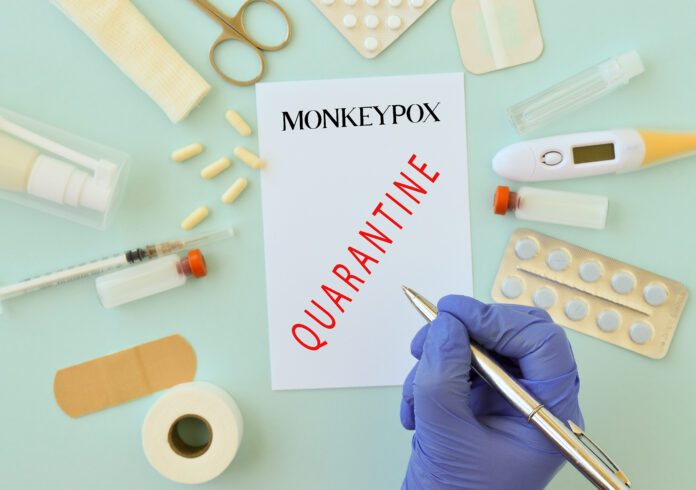The World Health Organization (WHO) has unveiled a strategic framework aimed at enhancing the prevention and control of mpox. This initiative seeks to guide health authorities, communities, and stakeholders in mitigating mpox outbreaks, eliminating human-to-human transmission, and reducing animal-to-human virus spillover.
Mpox, caused by the monkeypox virus (MPXV), leads to symptoms such as painful rashes, enlarged lymph nodes, and fever. While most people recover fully, some experience severe illness. The virus spreads through close contact, including sexual contact, and has animal reservoirs in Africa, where occasional spillovers trigger outbreaks.
The virus has two clades: clade I and clade II. Clade I is more lethal than clade II. A significant mpox outbreak linked to clade II began in 2017 and spread globally by 2022. The outbreak, declared a Public Health Emergency of International Concern between July 2022 and May 2023, has subsided, but cases and deaths persist, indicating ongoing low-level transmission.
Additionally, a major outbreak of clade I virus in the Democratic Republic of the Congo (DRC) has been escalating, with over 6,500 cases and 345 deaths reported this year, nearly half among children under 15.
The Strategic Framework for Enhancing Prevention and Control of Mpox (2024–2027) outlines a comprehensive plan for global health authorities and stakeholders to manage mpox outbreaks, advance research, improve access to countermeasures, and minimize zoonotic transmission.
























